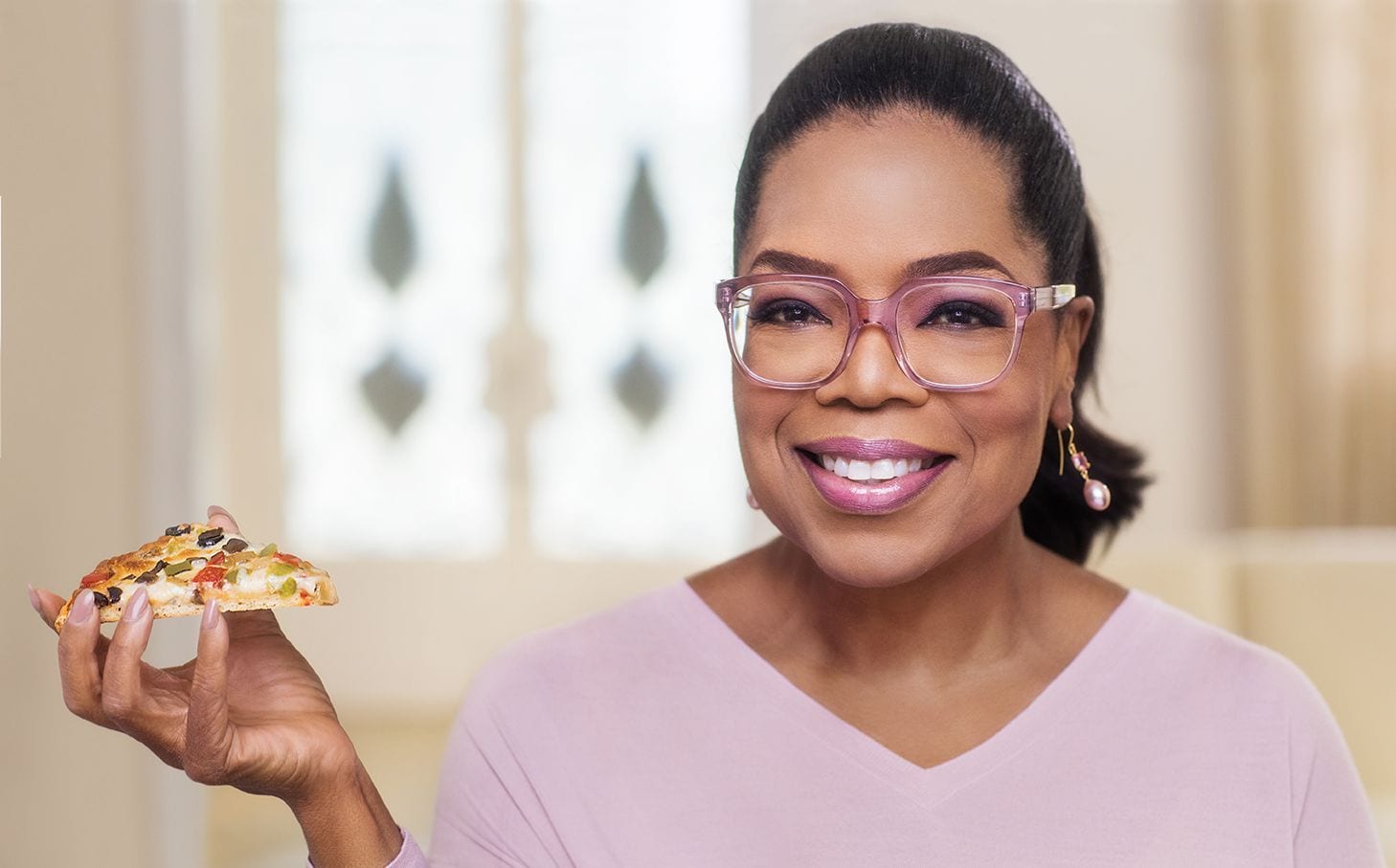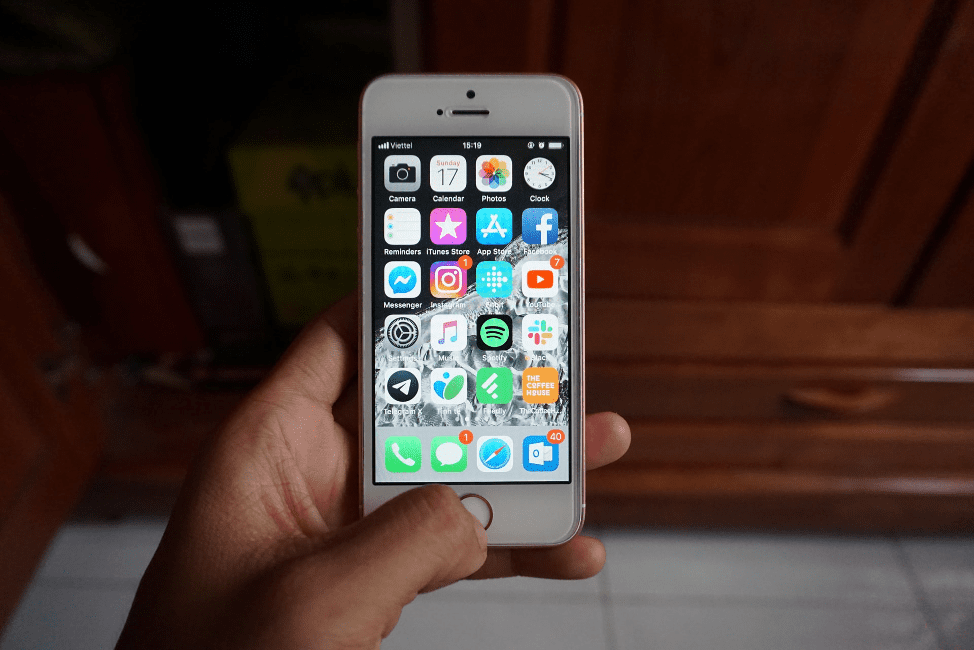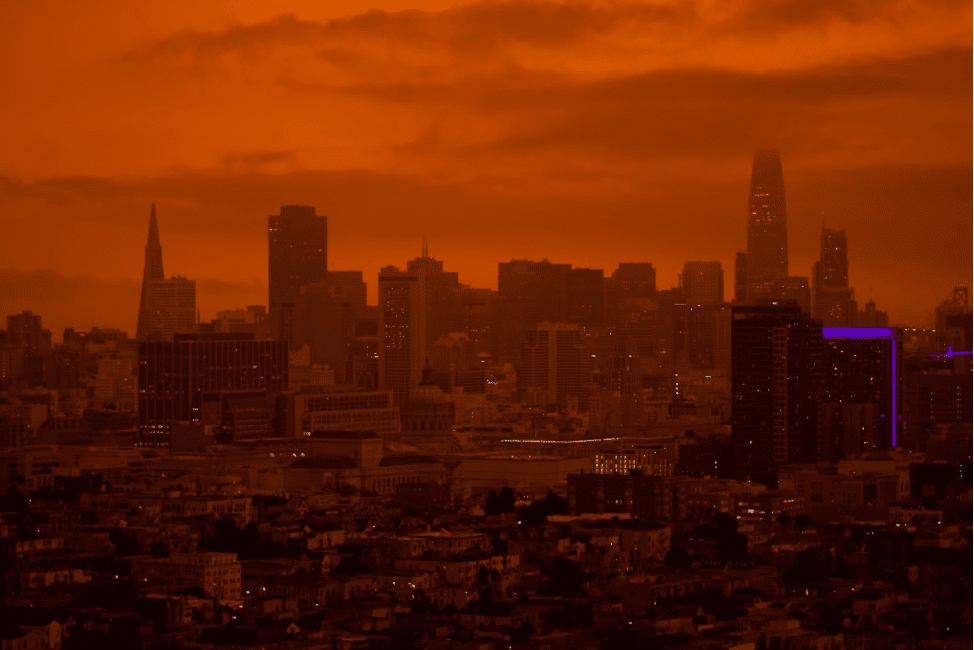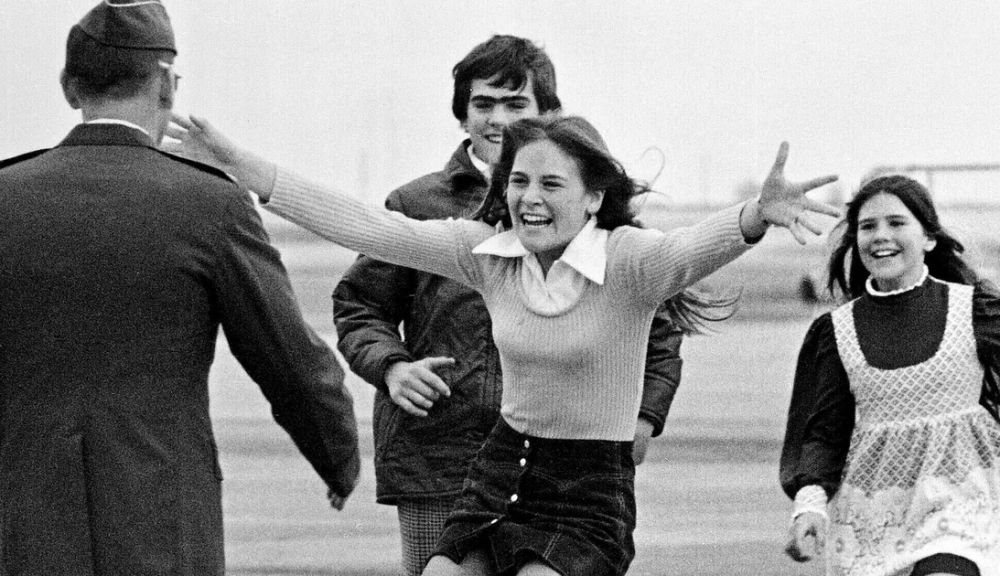Let's imagine that peeking into the future was a possibility. If you witnessed something that scared you, what would you do? Most realists would vouch for making sure that that future would never become their reality. Instead, we're experiencing a new, different, and more interesting type of reaction.
The Grey Area in Science Fiction
In the 2015 Brad Bird blockbuster Tomorrowland, the antagonist sees the probability of a dark future and goes berserk. With the probability of widespread annihilation increasing, showcasing destruction seemed like the only way to stop the impending doom. But what happened when this vision was shared? Did the society unite at the prospect of their imminent destruction? Of course not! Instead of fearing their doom, they gobbled it up like fruit candy and repackaged it to be enjoyed as books, TV shows, movies, and video games.
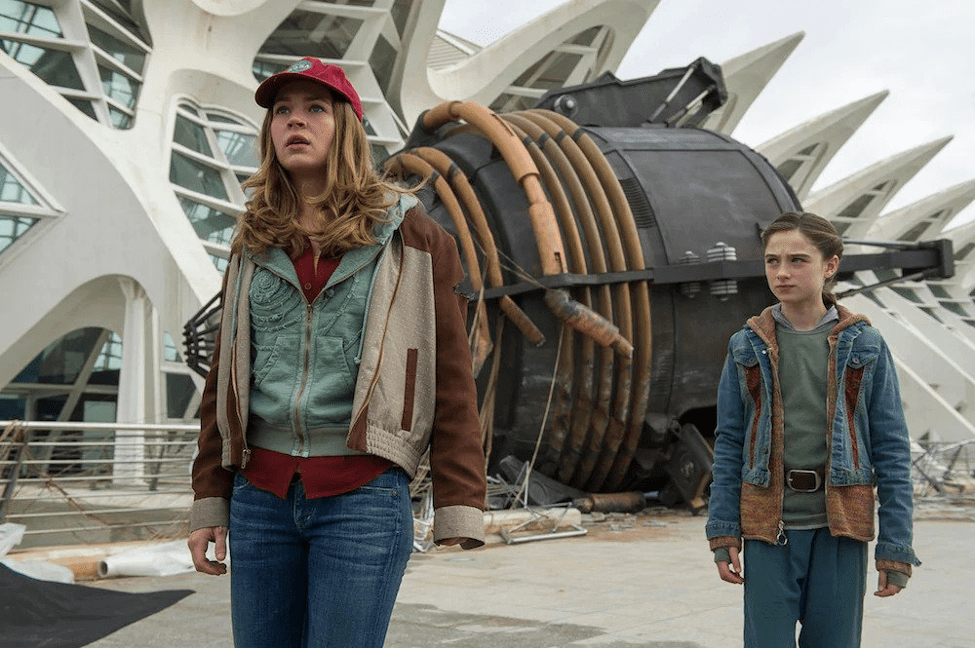
Disney | What does Tomorrowland remind you of? Take your time to think about it
And It Doesn’t Stop There…
What's funny is that what we're noticing in real life is the same. In Bird and Damon Lindelof's writing, you'll find the germ of truth. Tomorrowland echoes the idea that culturally speaking, we've stopped looking towards an improved and enlightened future. Instead, a societal breakdown is now held high as the ultimate fantasy.
There has always been a paranoid undercurrent to science fiction. When the genre had just been birthed, it was used to explore and process anxieties about possible unknowns. It also dived deep into how societal change, technological innovations, and tragic human flaws could spell out doom for the entire species. What's troubling is that most dystopian fiction covers tales where society drops to grim and torturous lows before the fight for a better future can begin.
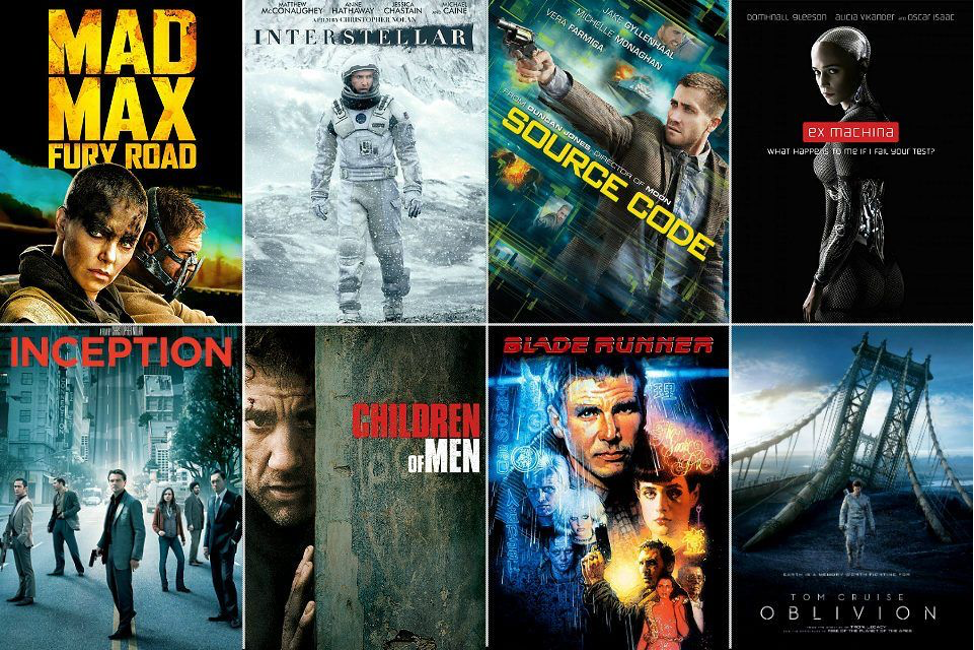
Wired | Is it necessary to always show an inherently destroyed world?
These stories have the ring of a wish-fulfillment fantasy, too. No matter how much the protagonists lose along the way or how traumatized and terrified they are, the sense that their struggles were easy still loomed largely. They fight a black-and-white, morally pure, and self-righteous battle through and through. See the problem now? These feats are much rarer to see in real life.
Can the Genre Be Improved?
Of course, not all works can be measured from the same scale, and popular dystopian fiction like Suzanne Collin's Hunger Games series still emulates positive vibes by showing characters that emerge from the ashes and progress into much better versions of themselves.
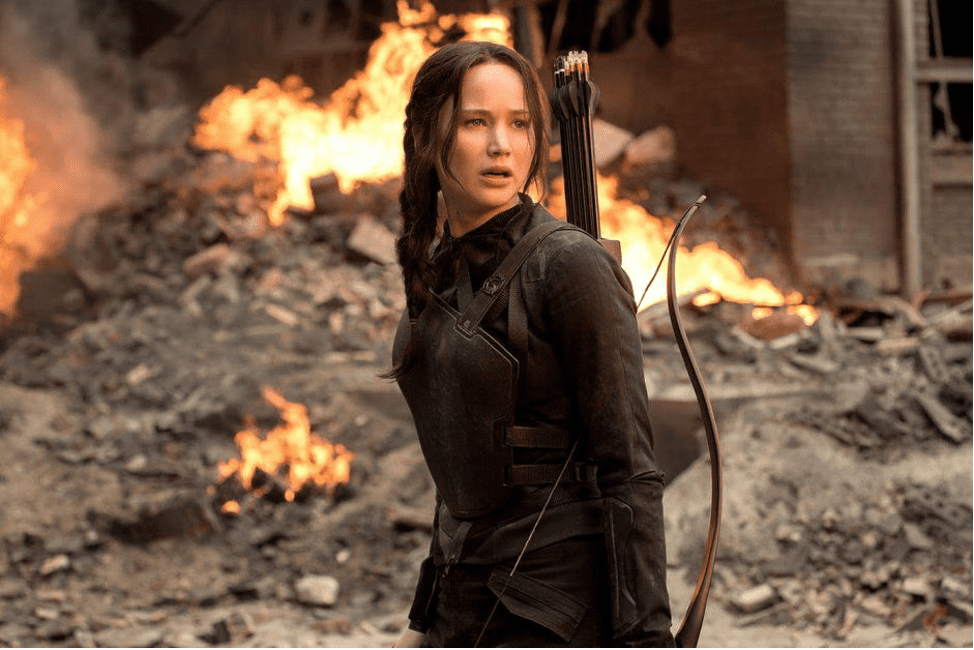
Lionsgate | The last thing we need is to aspire to become like unrealistic characters
Judging from the genre's past, it can be deemed impossible to take the tragedy out of dystopia. In fact, even if we look at the complete opposite, Utopia, there's always the element of a Utopian world not turning out exactly how the protagonist thought it might be.
At the end of the day, the argument is all tongue in cheek since neither is the film industry going to sit out on this money-making genre and nor will consumers stop indulging in dystopian works. What we can do is give out advice. So, whatever you might be watching, playing or reading next in the dystopia genre, take it with a grain of salt.

